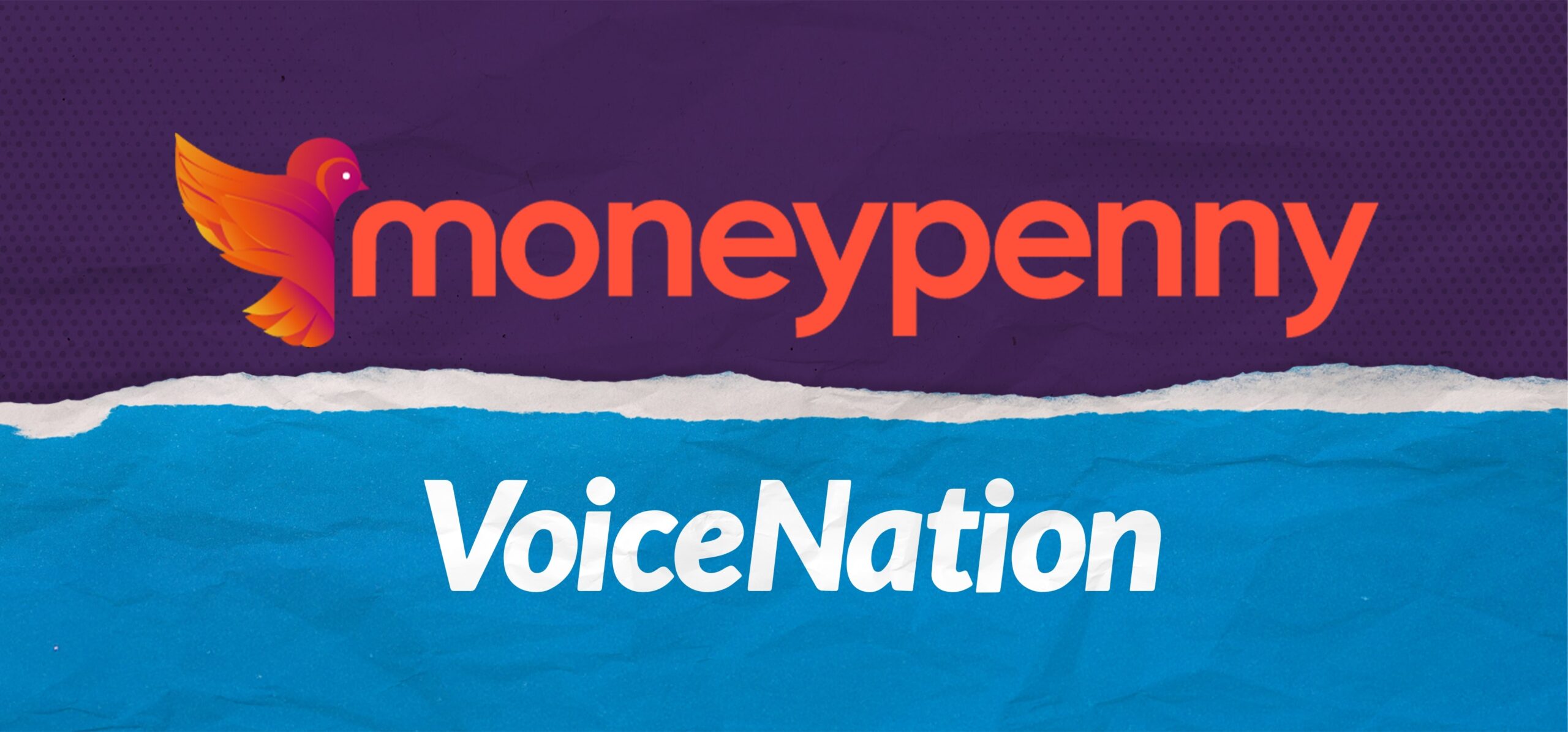The use of phone answering services is on the rise. Due to working arrangements forced upon many by the COVID-19 pandemic, countless entrepreneurs are working remotely. As a result, many are now using phone answering services to ensure the same level of customer service is delivered, but for a fraction of the cost of a full-time in-house receptionist. Whether you’re a startup or an established business, reducing operating costs is a big win.
With a phone answering service, calls can be dealt with professionally, and there’s no need for additional hardware or even an office. Phone answering services also help to reduce unnecessary distractions, such as unwanted sales calls – and with research concluding that a single distraction interrupts your working day by around 25 minutes, the fewer interruptions the better!
Technology has so far given rise to well known automated phone systems such as Interactive Voice Response systems or IVRs. Automated answering services have been around for decades, banks and call centers have been using automated systems for years, usually in the format of a programmed switchboard or menu. These systems help to filter and funnel customers and allow them to make online payments without waiting for a call center agent or receptionist. While this can help reduce the need for a large number of call center agents, it’s debatable as to whether or not automated phone systems provide a satisfactory customer experience – but artificial intelligence (AI) could be about to change all that.




















